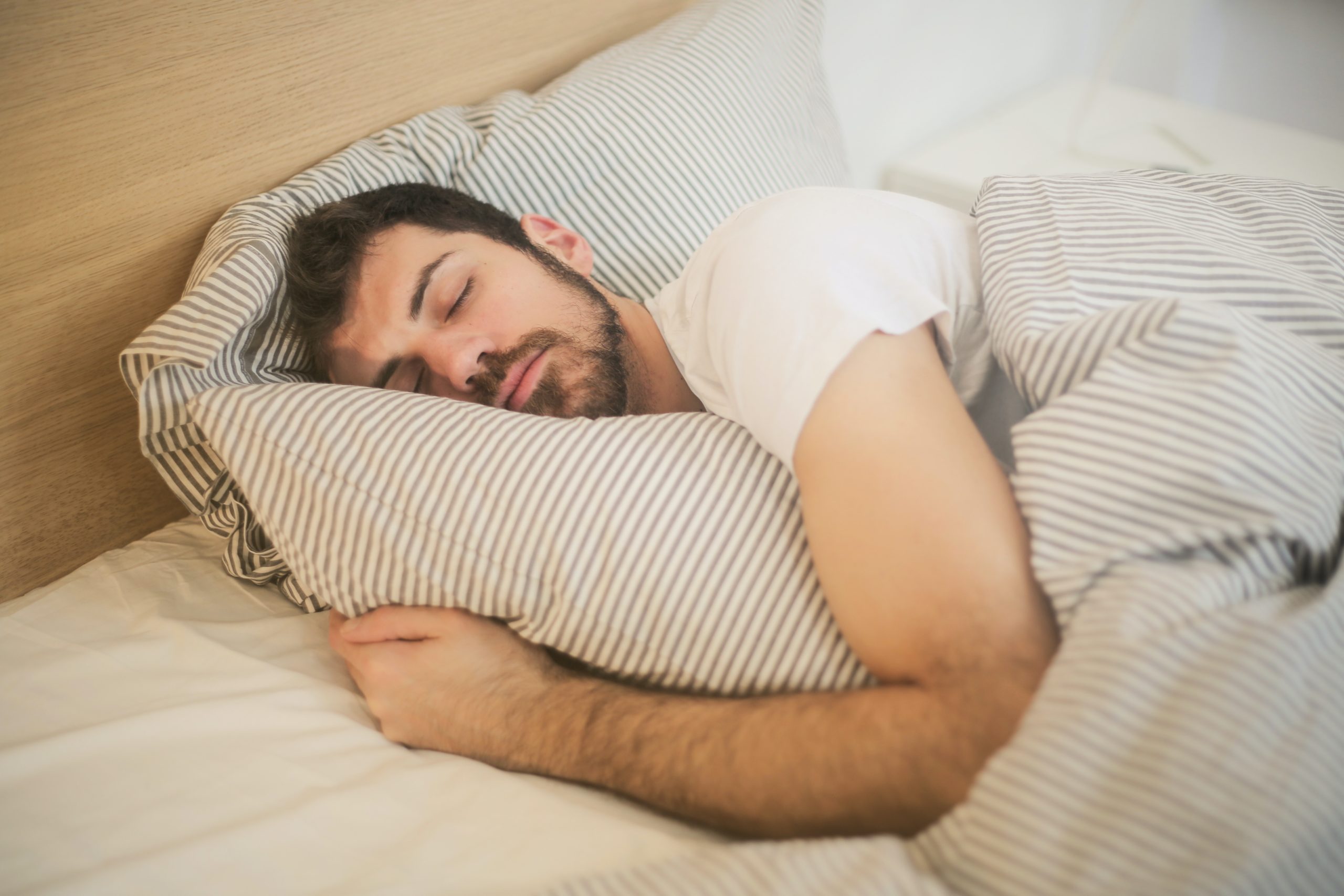
Sleep Hygiene and You
Written by Blake Fletcher, PT
With daylight saving time just around the corner, it is important to remember to get adequate sleep! Roughly one third of the population suffers from sleep disturbances. Lack of sleep can result in decreased immune function, healing, cardiovascular health, memory, cognition, and athletic performance. Additionally, sleep deficits can place you at increased risk for both anxiety and depression. For people living with chronic pain, decreased sleep can result in increased sensitivity for pain.
Tips for good sleep hygiene:
- Maintain consistent sleep and wake schedules
- Get at least 7-8 hours of sleep each night
- Avoid caffeine, alcohol, and nicotine at least 4 hours before sleep
- Exercise earlier in the day, but avoid moderate to heavy exercise 2-3 hours before bed
- Limit napping to no more that 30 minutes per day, especially before bed
- Avoid large or spicy meals 2-3 hours before bed
- Avoid blue light emitted by cell phones and tablets as this can decrease melatonin production
- The bedroom should be a quiet and dark environment
- Adjust the room temperature to not be too hot or cold
- Perform relaxing activities before bed including reading, meditation, and a warm bath
- Try to avoid watching television or doing work activities
- Only use the bedroom for relaxation, sleep, and sexual activity
- If you are unable to get to sleep, try doing something quiet like reading until you are tired again
- Maintain proper pillow positioning that works for you as mentioned in a previous blog post by Megan Amerson, PTA
Use these tips to get a better night’s sleep, improving your overall mental well-being and physical health!
Siengsukon CF, Al-Dughmi M, Stevens S. Sleep Health Promotion: Practical Information for Physical Therapists. Phys Ther. 2017;97(8):826-836. doi:10.1093/ptj/pzx057
